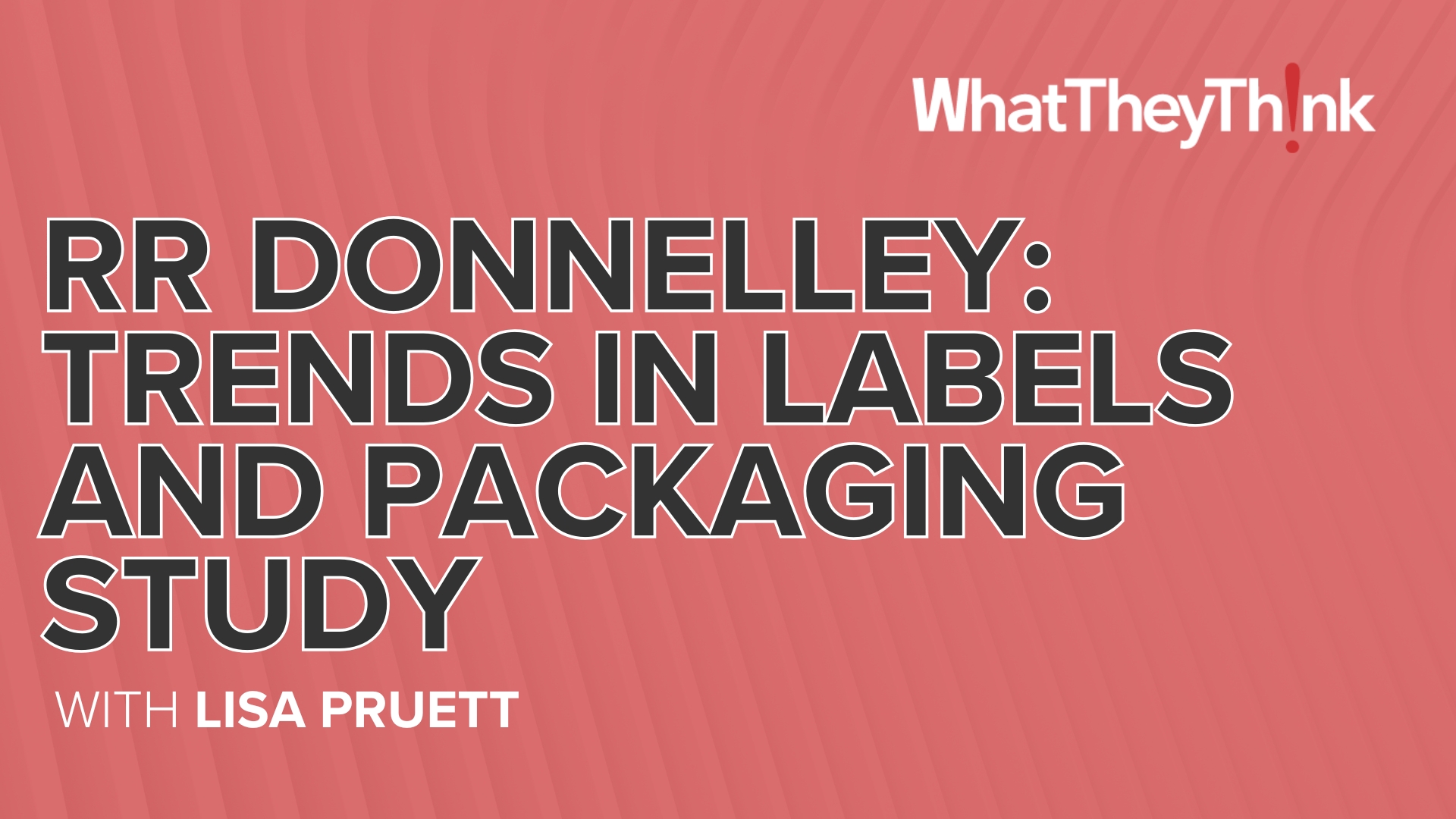In Validation Tests, Yoran Imaging’s Thermal Imaging Inspection System Expedites Shift to Sustainable Packaging Materials
Press release from the issuing company
Through automated 100% inspection and data capture, company’s Process Analytical Monitoring (PAM) system speeds transition to more recyclable substrates, including PE & PP.
Northern District, Israel – Yoran Imaging, which develops and supplies thermal imaging systems to optimize filling and heat-sealing processes on packaging lines, has successfully demonstrated the value of its thermal imaging-based heat-sealing inspection unit to expedite the incorporation of more sustainable packaging materials. Through exacting 100% inspection and operator-friendly metrics capture, the company’s Process Analytical Monitoring (PAM) unit has proven its ability to significantly accelerate best practices development and process validation for recyclable heat-sealable substrates, including polyethylene (PE) and polypropylene (PP). The PAM system also can significantly reduce materials waste – a benefit that climbs exponentially as more lines are outfitted with the solution.
For food & beverage companies utilizing package closure via heat-sealing, the push for more sustainable packaging substrates brings a noted challenge to this mission-critical step: narrower heat-sealing tolerances. Too little heat yields a weak seal, while too much risks burning the material. Discovering and maintaining the best-possible heat seal temperatures for various recyclable materials – which are often thinner and almost always more finicky than legacy substrates – is typically a time-consuming, trial-and-error endeavor.
Through its combination of precise, 100% heat seal inspection and real-time data capture, Yoran Imaging’s system has already been utilized by a prominent Europe-based food company to transition from conventional, non-recyclable packaging to a designed-for-recycling PET/Al/PE laminate. Such projects can help food & beverage companies align with increasing consumer demand for more sustainable packaging, as well as comply with mandates such as the EU’s Packaging & Packaging Waste Regulation and industry-wide pledges like Packaging Commitment 2025.
Filling a need for more comprehensive inspection and data collection
Imprecise inspection by sampling has long been the norm on high-speed packaging lines, leaving vital aspects of filling and sealing procedures unchecked, unmonitored and therefore unharnessed. Yoran Imaging’s Process Analytical Monitoring system replaces manual sampling with automatic 100% product inspection and, simultaneously, provides unprecedented levels of packaging line insight for ongoing production improvements.
In addition, while data capture continues to expand in a variety of manufacturing settings, technological hurdles and cost-benefit limitations have delayed its adoption by wide swaths of food & beverage packagers. By translating volumes of filling and heat-sealing data into real-time, dashboard-ready metrics, Yoran Imaging’s systems overcome longstanding ROI hesitancies by empowering line operators to effectively preempt out-of-spec products or equipment failures before they occur. This “uptime is money” benefit (combined with material waste reduction) has several major food manufacturers currently utilizing the technology.
In being among the first to utilize thermal imaging technology specifically for filling and heat-sealing processes, Yoran Imaging aims to bring F&B customers a set of layered benefits. For one, it eliminates outdated sampling through cost-effective, comprehensive and contact-free inspection of each product, vastly decreasing the likelihood of defective products clearing what is often the final pre-market gateway: package sealing.
At the same time, productivity also can be substantially increased, with user-friendly data alerting operators when preset quality or OEM parameters are degrading, providing guardrails and guideposts that minimize machine downtime through informed preemptive measures. Helpfully, the company’s systems also occupy a small footprint and are easily integrated into a wide range of packaging lines.
- Questions to ask about inkjet for corrugated packaging
- Can Chinese OEMs challenge Western manufacturers?
- The #1 Question When Selling Inkjet
- Integrator perspective on Konica Minolta printheads
- Surfing the Waves of Inkjet
- Kyocera Nixka talks inkjet integration trends
- B2B Customer Tours
- Keeping Inkjet Tickled Pink
© 2024 WhatTheyThink. All Rights Reserved.














